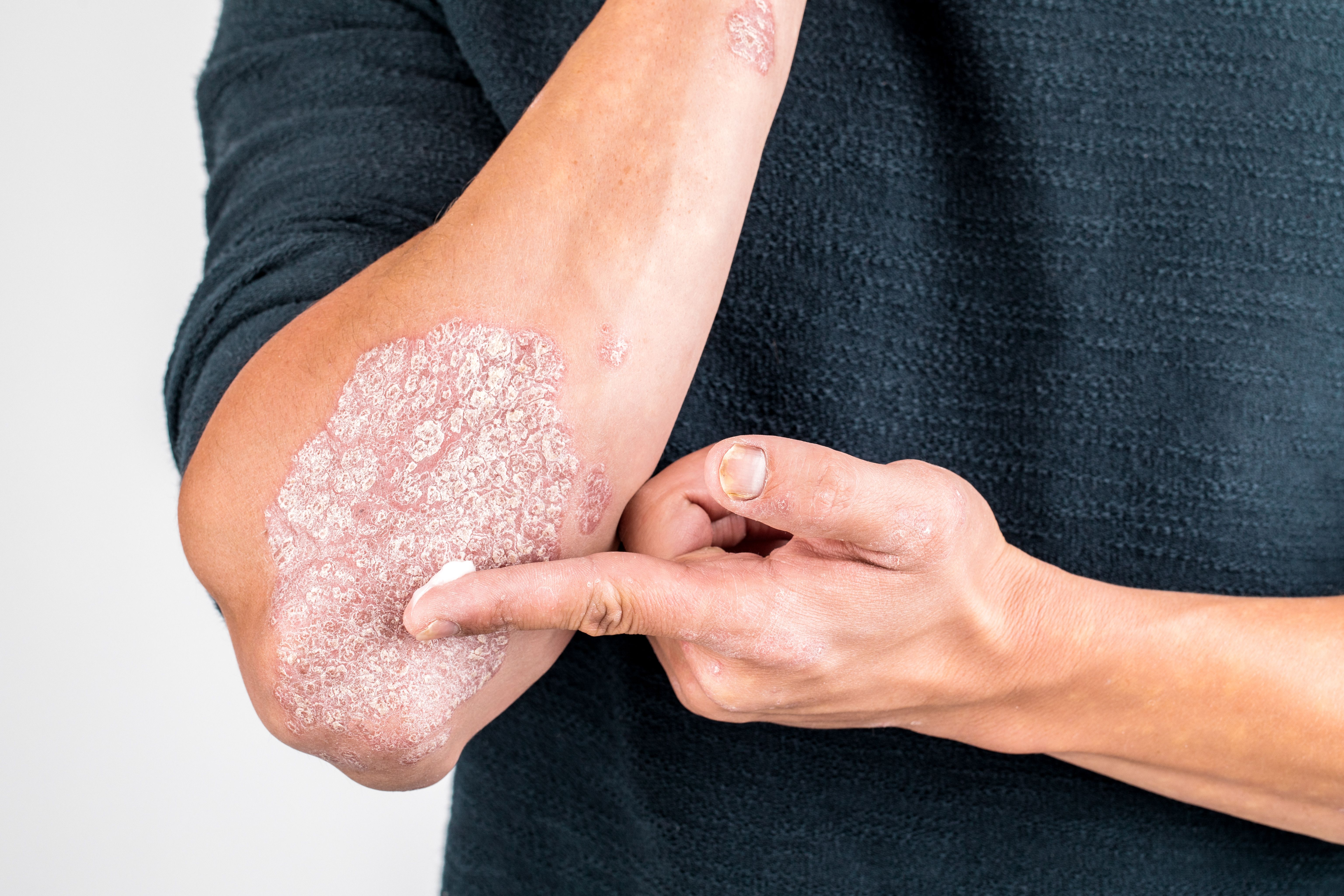- Acne
- Actinic Keratosis
- Aesthetics
- Alopecia
- Atopic Dermatitis
- Buy-and-Bill
- COVID-19
- Case-Based Roundtable
- Chronic Hand Eczema
- Chronic Spontaneous Urticaria
- Drug Watch
- Eczema
- General Dermatology
- Hidradenitis Suppurativa
- Melasma
- NP and PA
- Pediatric Dermatology
- Pigmentary Disorders
- Practice Management
- Precision Medicine and Biologics
- Prurigo Nodularis
- Psoriasis
- Psoriatic Arthritis
- Rare Disease
- Rosacea
- Skin Cancer
- Vitiligo
- Wound Care
Video
Plaque Psoriasis Management: Future Directions in Care
Author(s):
Closing out their discussion on the management of plaque psoriasis, panelists share their excitement for future directions in care.
Transcript:
Christopher G. Bunick, MD, PhD: Before we conclude, I’d like to get final thoughts from each of you about any topic we’ve discussed or any topic we’ve forgotten to discuss. I’m going to start with Dr Torok, then Dr Wu, and then we’ll close with Dr Lebwohl. Dr Torok, your final thoughts?
Helen Torok, MD: It’s a very exciting time to be a dermatologist and to be a patient with psoriasis, because there are so many options available. But life will become much easier when we get the data, as I mentioned briefly before, from the Mindera Health lab that’s doing the RNA testing. It’s a dermal patch that they apply, and we’ll be able to peg which biologic we can use on which patient to get the best and fastest results. That’s all exciting coming in the future.
Christopher G. Bunick, MD, PhD: Yes, that sounds very exciting, almost personalized molecular medicine. Is that how you would describe it?
Helen Torok, MD: Yes, exactly.
Christopher G. Bunick, MD, PhD: I agree, that’s what makes dermatology exciting. Dr Wu?
Jashin Wu, MD: For the audience out there, I’d like to stress that if you have a patient with moderate to severe psoriasis and you’re considering them giving a topical vs a systemic, always go for the systemic. They’ve probably already tried the topicals and have failed multiple topicals. You’re going to help the patient much more by putting them on a systemic, preferably a biologic. You’re going to clear their psoriasis, improve their quality of life, and improve their psoriatic arthritis. That’s usually the best way to go.
Christopher G. Bunick, MD, PhD: Dr Lebwohl?
Mark G. Lebwohl, MD: If there are patients out there who aren’t clear or aren’t doing well, there are treatments out there that likely would clear you and give you the response you’re looking for. The main barrier to that isn’t the doctor you go to—although sometimes that’s a barrier—and it isn’t the adverse effects of the drug. The main barrier is insurance company hurdles, so pick your insurer well.
Helen Torok, MD: Yes.
Christopher G. Bunick, MD, PhD: I’d like to thank each of you, Dr Lebwohl, Dr Wu, and Dr Torok, for an amazing discussion and for spending these 2 hours helping a lot of people—health care providers, dermatologists, nurse practitioners, physician assistants, and patients—who are going to listen to this. Thank you so much. To our viewing audience, we hope you found this Around the Practice discussion to be rich and informative. And for patients out there, please know that we as dermatologists care deeply about your psoriasis and helping you get better. Thank you.
Transcript edited for clarity.
Newsletter
Like what you’re reading? Subscribe to Dermatology Times for weekly updates on therapies, innovations, and real-world practice tips.









